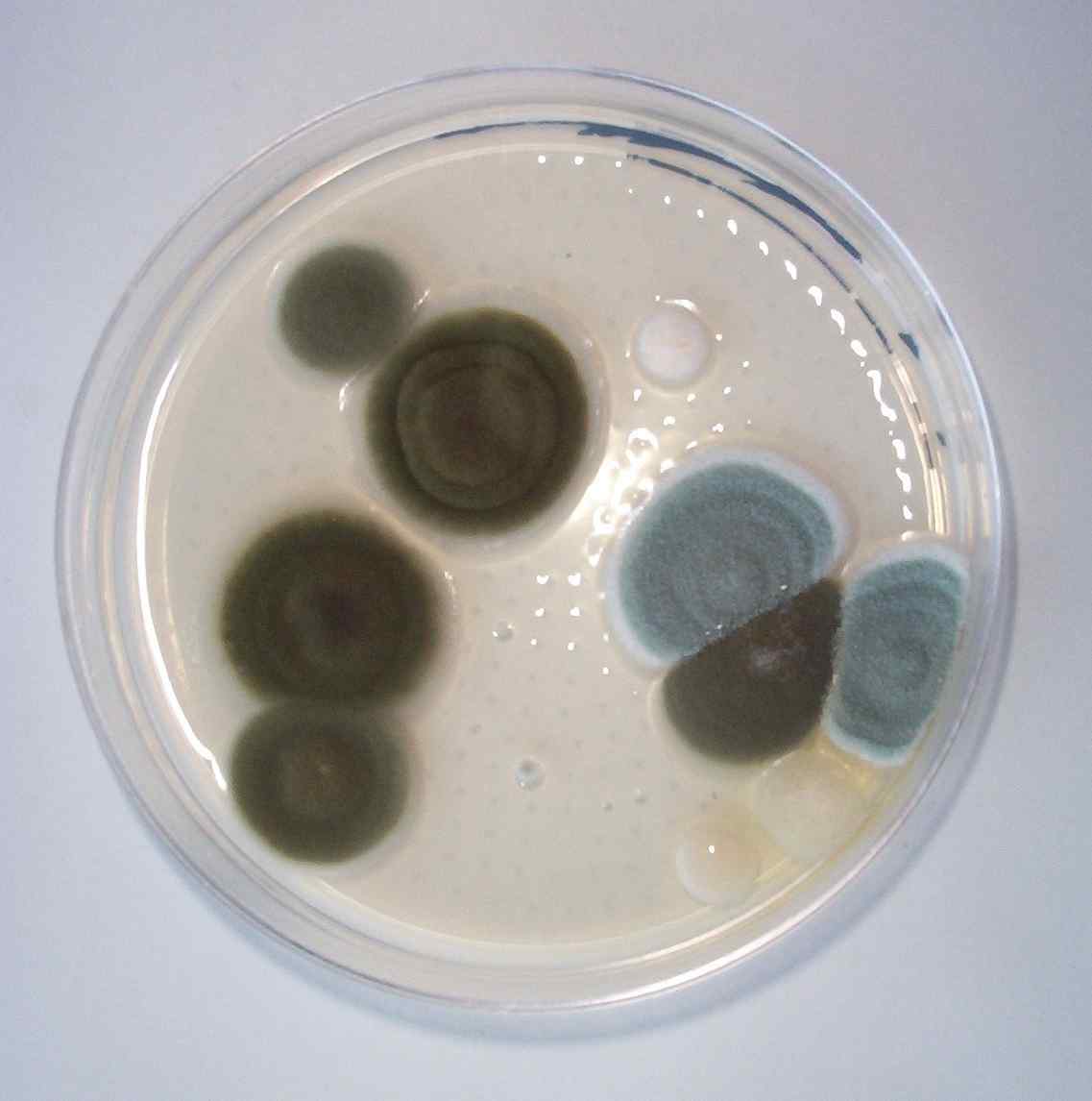How Mold Affects Your Home Insurance
Does your house have a mold problem? Mold can affect your health, and it affects your home insurance policy and rates, too. Learn more as you maintain your home insurance coverage at an affordable price.
Which Molds are Bad?
On any given day, you could find one or more of five common molds in your home. They are Stachybotrys, Cladosporium, Penicilium, Fusarium and Aspergillus. While Aspergillums is the least toxic, Stachybotrys is the most toxic. It’s been linked to hay fever, pulmonary edema, liver damage, brain damage and death, especially in people with compromised immune systems, infants and the elderly.
How do I Know if my House Has Mold?
Because it’s potentially deadly, you need to know if your house has mold. Do a visual inspection and look for black, gray, brown or blue anywhere there’s moisture or wetness, including in your bathroom, basement or laundry room. Remember, though, that you can’t always see mold. It may be hiding behind drywall or under flooring. Dry rot and musty odors are two signs of mold. Health problems like chronic nasal stuffiness, cough, wheezing, sore throat, upper respiratory infections or skin and eye irritations are also signs of mold. Investigate immediately if you think your house is affected because early treatment could help you get a handle on the problem.
Can I Get Home Insurance if my House Has Mold?
Most home insurance policies cover “sudden and accidental” damage. So if your bathroom pipes burst while you’re out of town and cause moldy floors, you could file a claim and get the mold removed. However, if debris accumulation on your roof causes mold growth, you probably cannot file a home insurance claim to repair your roof. That’s because this type of mold growth is considered by most insurance companies to be a home maintenance issue and thus not covered by your policy. Because home insurance policies differ by company and by state, talk to your agent about mold coverage. Then be on the lookout from mold growth. By addressing it right away, you have a better chance of removing it before it causes damage and affects your home insurance.





